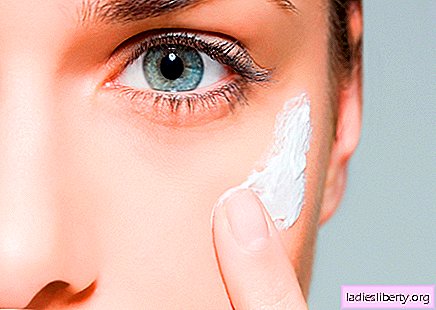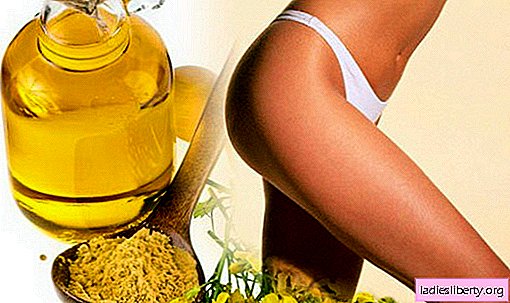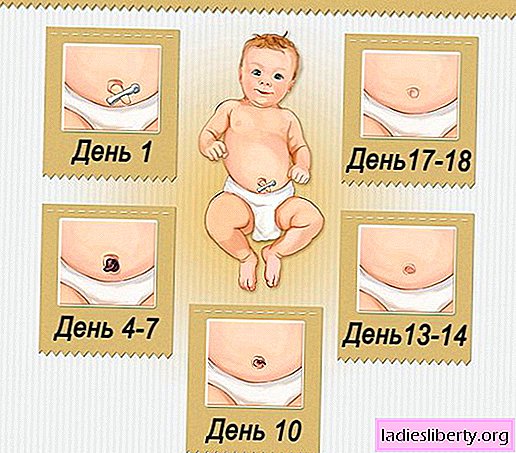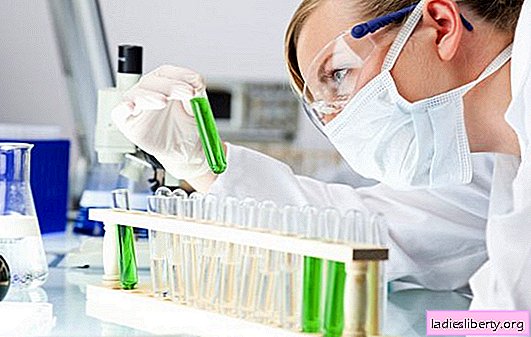
Antioxidants are substances that can protect our body from free radicals that affect us from the inside, causing every cell to age, and can also cause various diseases, including cancer.
Antioxidants enter the body with food, thanks to the development of the cosmetic industry today, antioxidants can be found in cosmetics. Many attribute to them the magical properties of rejuvenating us, but this has not yet been proven. Often, antioxidants are used so that cosmetics do not oxidize.
Due to the fact that the molecules of antioxidants are quite large, they are actually not able to penetrate through the pores in the skin, and therefore can not rejuvenate it from the outside, substances must enter the body from the inside.
No matter how scientifically proven that antioxidants in cosmetics have anti-inflammatory effect, can help in healing and protect the skin from ultraviolet radiation, creating an invisible barrier to harmful rays. The most suitable cosmetics for antioxidants are after shaving products, sunscreens and various softening lotions and ointments after peeling.
Most Used Antioxidants
The amount of antioxidants is very large, but there is a small set of those that are most often used in cosmetics. About them now and talk.
- Ascorbic (or vitamin C) is a common element in cosmetics, it dissolves in water. It is used not only to rejuvenate the skin (vitamin slows down the aging process), but also to protect it from ultraviolet radiation, as well as to improve or stimulate the production of collagen responsible for skin elasticity.
- Vitamin E (or a-tocopherol) - dissolves in a fatty environment. This vitamin is also called the vitamin of youth and is often added to anti-aging cosmetics.
- Carotene or retinol tends to dissolve in fats. Saves the skin from peeling and dryness, helps in healing wounds and protects the epidermis from exposure to ultraviolet radiation.
- Vegetable polyphenols or phytoestrogens - not only have a rejuvenating effect, but also help cells retain fluid, which affects the condition of the skin for the better.
- Superoxide dismutase - able to neutralize reactive oxygen species.
- Coenzyme Q - usually this antioxidant is used in anti-aging cosmetics, as it prevents earlier aging and energizes the mitochondria.
- Vitamin F is commonly used in cosmetics, which is indicated for fading, irritated and dry skin. Able to have a cleansing effect, retain moisture in the epidermis and strengthen the protective function of the skin.
- Vitamin B5 or panthenol - has anti-inflammatory properties, is used in sunscreens, as well as in cosmetic creams, lotions and tonic, which care for damaged and irritated skin.
- Selenium - perfectly removes irritation and moisturizes the skin. Often used in the composition of thermal water.
Text: Ksenia Alexandrovna











